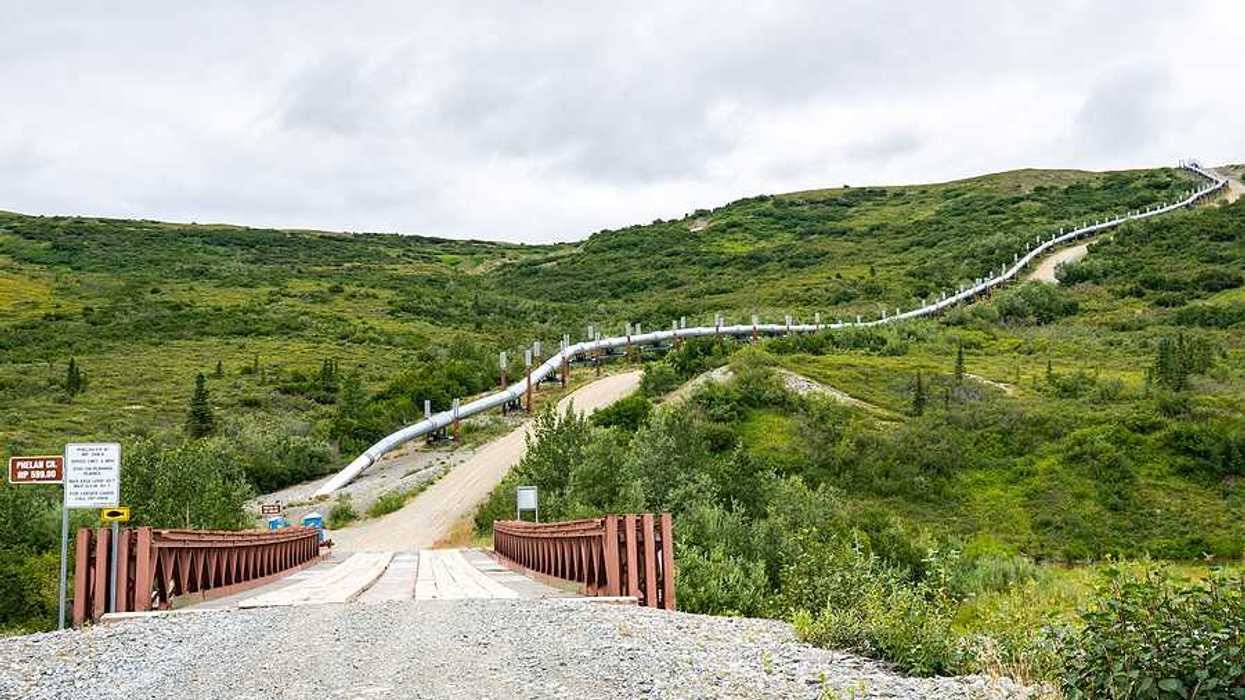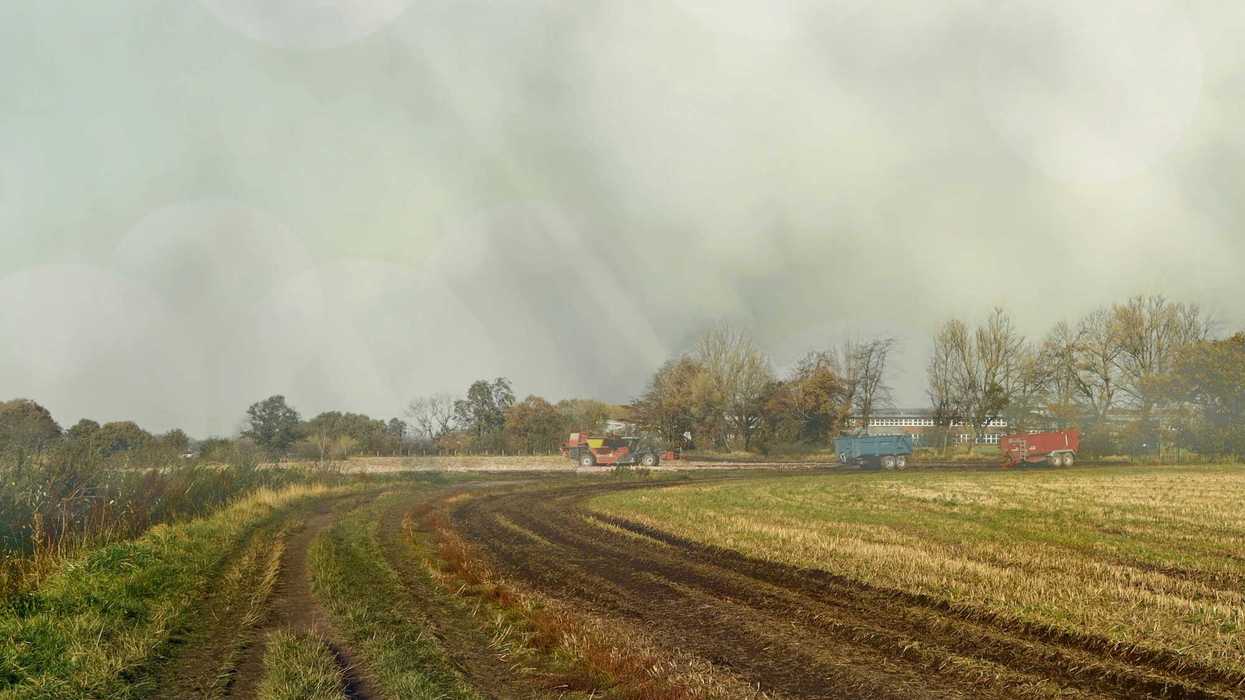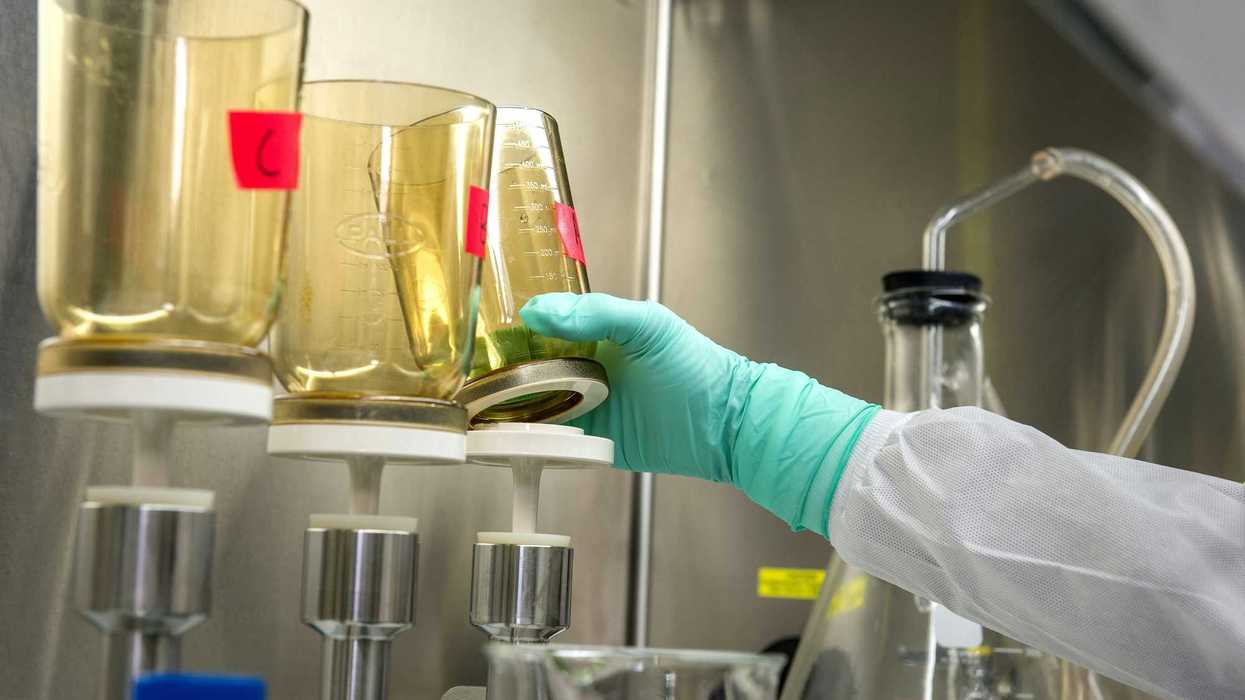The World Bank proposes shifting subsidies from high-emission foods like red meat and dairy to more sustainable options such as poultry and vegetables, aiming to reduce global greenhouse gas emissions.
Federica Di Sario reports for POLITICO.
In short:
- The World Bank's new strategy focuses on reallocating funds to support less carbon-intensive foods, like chicken and vegetables.
- This approach could drastically lower the agriculture sector's contribution to global emissions, currently at nearly one-third.
- The plan coincides with upcoming updates to the Paris Agreement, stressing the urgency of enhanced climate action in food production.
Key quote:
“We have to stop destroying the planet as we feed ourselves.”
— Julian Lampietti, manager for global engagement in the World Bank's agriculture and food global practice
Why this matters:
Red meat and dairy are among the most resource-intensive and polluting agricultural sectors, contributing significantly to greenhouse gas emissions, deforestation, and water scarcity. By diverting subsidies to lower-emission alternatives such as poultry and plant-based products, the initiative aims to mitigate these environmental concerns while fostering a more sustainable and resilient food system.
Related EHN reporting:














